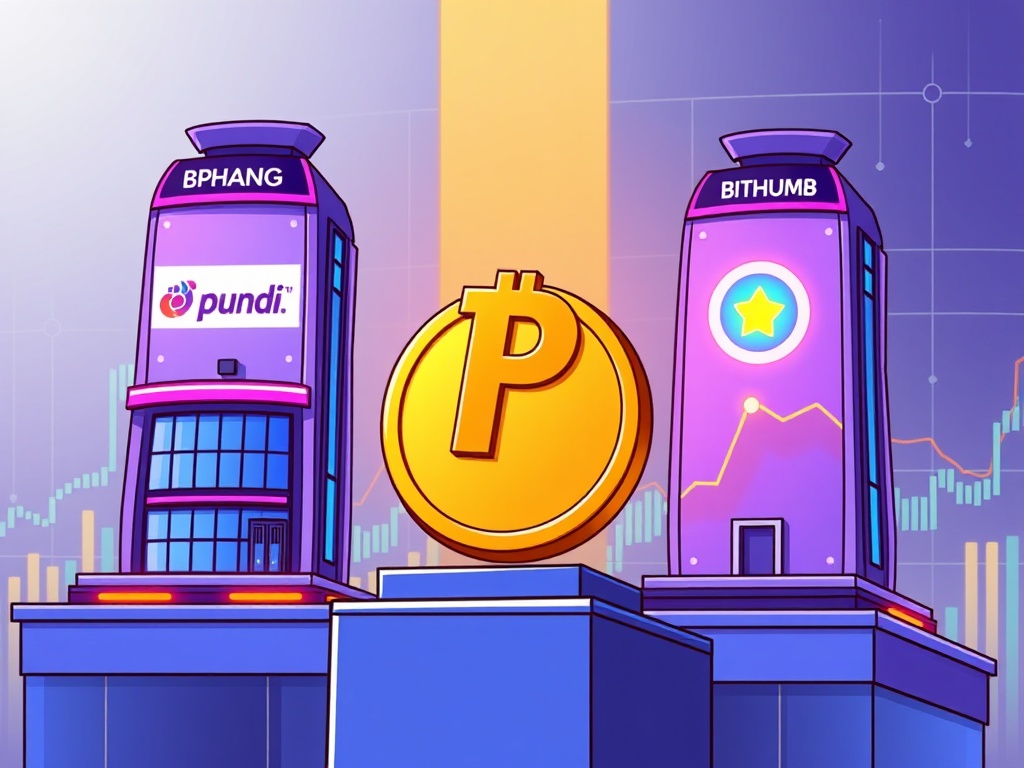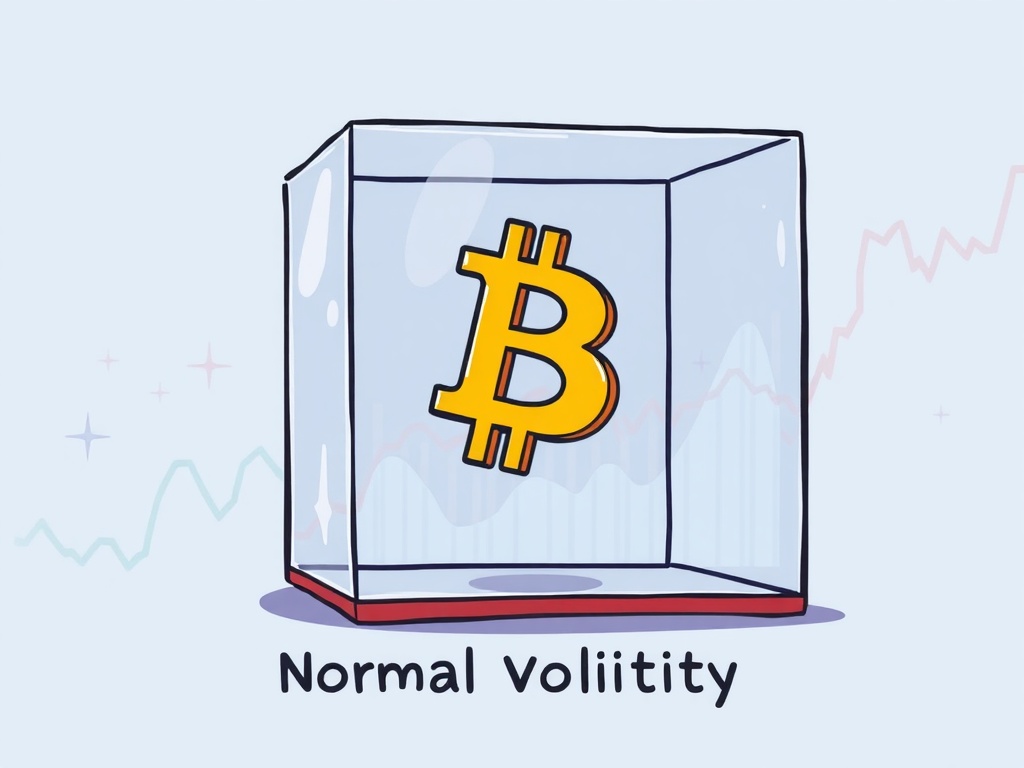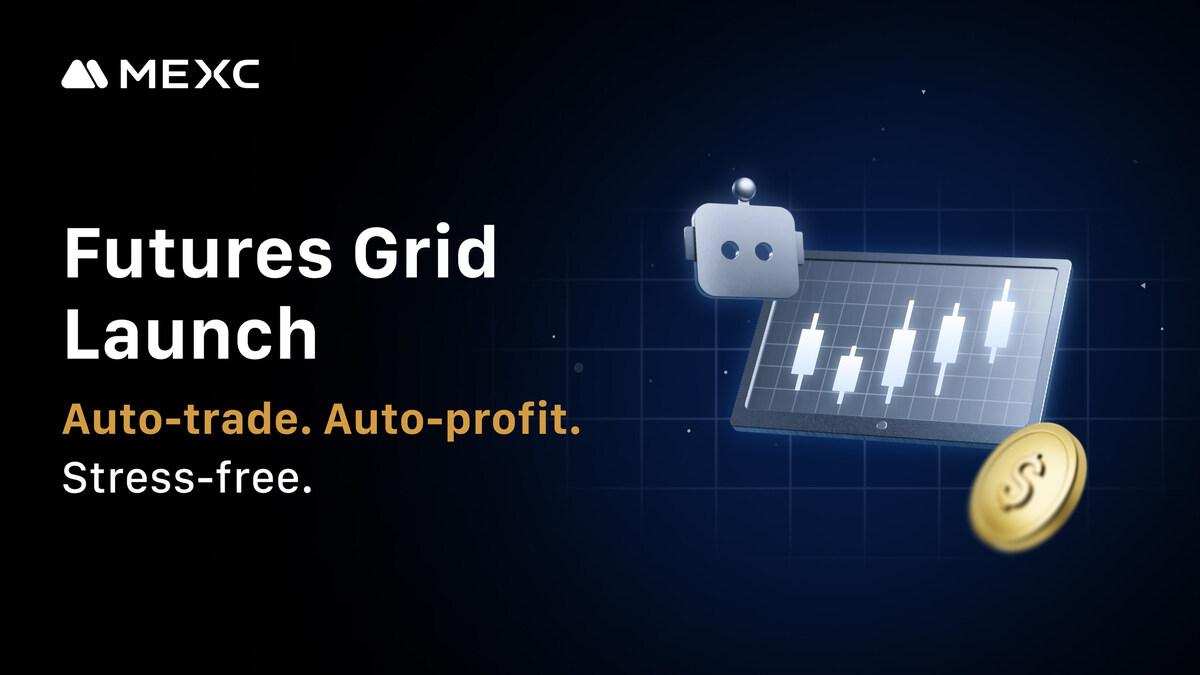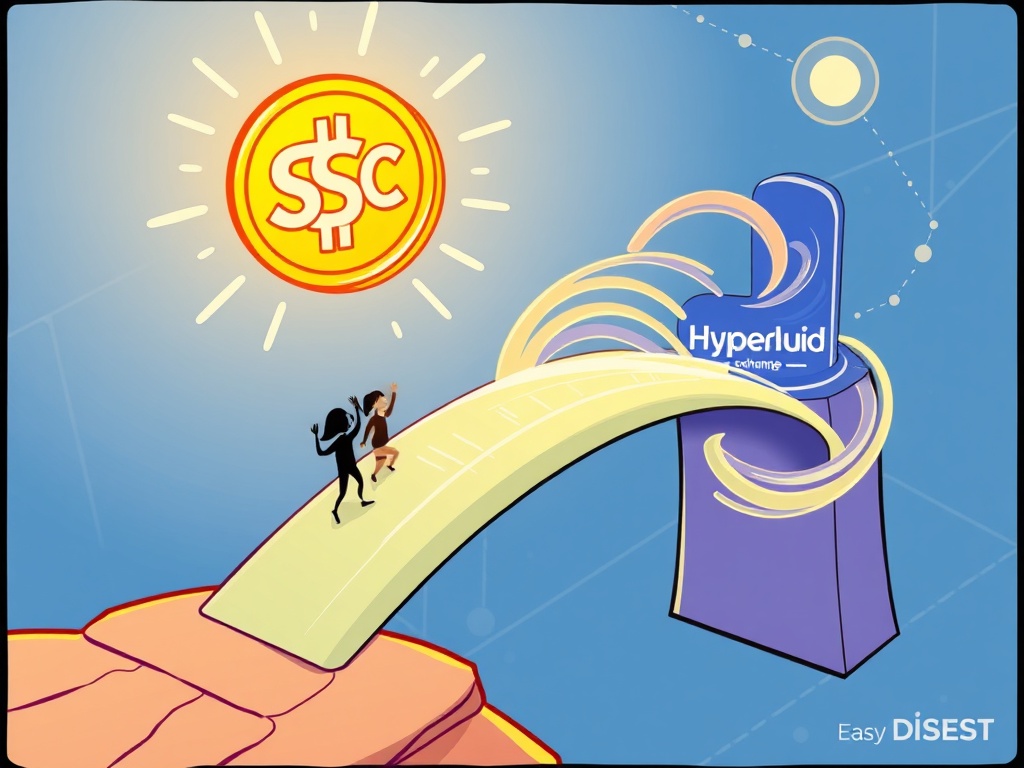BitcoinWorld

Pundi AI Delisting: Crucial Updates for PUNDIAI Holders on Upbit and Bithumb
The cryptocurrency world is often a whirlwind of innovation, opportunity, and, at times, sudden shifts that can catch investors off guard. For holders of Pundi AI (PUNDIAI), a significant announcement has just landed, creating ripples across the market: South Korean crypto giants Upbit and Bithumb have officially declared their intention to proceed with the Pundi AI delisting. This crucial decision, set for August 28th at 06:00 UTC, marks a pivotal moment for the project and its community. Understanding the implications of this Pundi AI delisting is paramount for anyone holding the token or interested in the dynamics of crypto exchange operations.
What is Pundi AI (PUNDIAI) and Why Does its Status Matter?
Before diving deeper into the ramifications of the Pundi AI delisting, it’s essential to understand what Pundi AI (PUNDIAI) represents. Pundi AI is a project that aims to integrate artificial intelligence capabilities within the blockchain ecosystem, often focusing on decentralized AI solutions or enhancing blockchain functionality with AI-driven insights. While specific use cases can vary, the overarching goal typically involves leveraging AI for improved data analysis, automation, or predictive modeling within a decentralized framework. Projects like Pundi AI often attract investors keen on the convergence of two of the most transformative technologies of our time: blockchain and artificial intelligence. However, like any nascent technology, such projects are subject to market volatility, regulatory scrutiny, and the strict listing criteria of major exchanges.
The Delisting Details: What You Need to Know About the Pundi AI Delisting
The announcements from Upbit and Bithumb, two of South Korea’s most influential cryptocurrency exchanges, were clear and concise. Both platforms stated on their official websites that trading support for Pundi AI (PUNDIAI) would cease at 06:00 UTC on August 28th. This synchronized Pundi AI delisting from two major players in the South Korean market sends a strong signal to the crypto community. For users, this means:
- Cessation of Trading: After the specified time, buy and sell orders for PUNDIAI will no longer be executed on Upbit and Bithumb.
- Withdrawal Period: Typically, exchanges provide a grace period for users to withdraw their delisted assets to external wallets. It is crucial for PUNDIAI holders to check the specific withdrawal deadlines announced by each exchange, as failing to do so could result in irreversible loss of funds.
- Impact on Liquidity: The removal from major exchanges often leads to a significant reduction in liquidity, making it harder to trade the token elsewhere.
This Pundi AI delisting highlights the dynamic nature of crypto listings and the power exchanges wield in shaping a token’s market presence.
Why Do Crypto Exchanges Delist Tokens? Understanding the Triggers Behind the Pundi AI Delisting
The decision by Upbit and Bithumb to proceed with the Pundi AI delisting is not an isolated incident in the crypto world. Exchanges routinely review their listed assets against a set of stringent criteria to protect users and maintain market integrity. While the specific reasons for the Pundi AI delisting were not explicitly detailed in the brief announcements, common factors that lead to such decisions include:
- Lack of Liquidity: If a token has consistently low trading volume, it becomes difficult for users to buy or sell without significant price slippage. This can lead to a poor user experience and is often a primary reason for delisting.
- Project Performance & Viability: Exchanges evaluate the project’s development progress, team activity, community engagement, and overall viability. Stagnant development, abandoned roadmaps, or a lack of real-world adoption can trigger a review.
- Regulatory Concerns: The evolving regulatory landscape, especially in jurisdictions like South Korea known for their strict compliance, can force exchanges to delist tokens that might not meet new legal standards or are deemed securities.
- Technical Issues: Persistent network issues, smart contract vulnerabilities, security breaches, or a lack of necessary upgrades can make a token too risky to support.
- Market Manipulation or Unethical Practices: Any indication of price manipulation, wash trading, or other unethical practices by the project team or large holders can lead to swift delisting.
- Community Feedback: While less common as a sole reason, significant negative community sentiment or reports of scams can contribute to an exchange’s decision.
Understanding these underlying factors provides context for why a significant event like the Pundi AI delisting occurs and underscores the importance of thorough due diligence for investors.
Immediate Actions for PUNDIAI Holders: Navigating the Pundi AI Delisting
For those holding PUNDIAI on Upbit or Bithumb, time is of the essence. The August 28th deadline for the Pundi AI delisting requires immediate action to safeguard your assets. Here’s a step-by-step guide on what you should consider:
- Check Exchange Announcements: Re-read the official announcements from Upbit and Bithumb carefully. Pay close attention to the exact time of trading cessation and, critically, the final date for withdrawals. This is non-negotiable.
- Evaluate Your Options:
- Withdraw to a Private Wallet: This is often the safest option if you wish to hold onto your PUNDIAI. Transfer your tokens to a compatible software or hardware wallet (e.g., MetaMask, Trust Wallet, Ledger, Trezor) where you control the private keys. Ensure you have the correct network selected (e.g., ERC-20 if PUNDIAI is an Ethereum token).
- Sell Your PUNDIAI: If you prefer to exit your position, attempt to sell your PUNDIAI before the delisting deadline. Be prepared for potential price volatility and reduced liquidity as the deadline approaches. The price may drop significantly as holders rush to sell.
- Transfer to Another Exchange: Check if PUNDIAI is listed on other reputable exchanges that support your region. If so, you might consider transferring your tokens there. However, be aware that delistings from major exchanges can often trigger similar actions on smaller platforms.
- Be Wary of Scams: Unfortunately, delisting events can be ripe for phishing attempts and scamming. Do not click on suspicious links or respond to unsolicited messages claiming to help you recover or transfer your delisted tokens. Always verify information through official exchange channels.
- Consider Tax Implications: Selling or withdrawing your assets may have tax implications depending on your jurisdiction. Consult with a tax professional if you are unsure.
Taking proactive steps now can mitigate potential losses and ensure you retain control over your PUNDIAI assets in light of the Pundi AI delisting.
Broader Implications: What Does the Pundi AI Delisting Mean for the Crypto Market?
While the immediate impact of the Pundi AI delisting is felt by PUNDIAI holders, such events also carry broader significance for the cryptocurrency market as a whole.
- Investor Confidence: Delistings, especially from prominent exchanges, can erode investor confidence in smaller, less established projects. It serves as a reminder of the inherent risks associated with investing in highly speculative assets.
- Exchange Scrutiny: It reinforces the notion that exchanges are actively monitoring projects and are willing to take decisive action to maintain a healthy and compliant trading environment. This scrutiny, while sometimes painful for affected projects, ultimately aims to protect users from fraudulent or failing ventures.
- Regulatory Pressure: The South Korean market is known for its robust regulatory framework. The Pundi AI delisting underscores the ongoing pressure on exchanges to comply with local laws and protect consumers, setting a precedent for other jurisdictions.
- Shift Towards Quality: Over time, repeated delistings of underperforming or non-compliant tokens can lead to a market that increasingly favors projects with strong fundamentals, clear utility, and consistent development. This could be seen as a maturation of the crypto space.
The Pundi AI delisting is not just an isolated event; it’s a piece of a larger puzzle that reflects the evolving landscape of digital asset markets, where due diligence and regulatory compliance are becoming increasingly critical.
The Road Ahead for Pundi AI: Can the Project Recover from the Pundi AI Delisting?
A delisting from major exchanges like Upbit and Bithumb is undoubtedly a significant setback for any cryptocurrency project. The immediate challenges for Pundi AI will include:
- Loss of Liquidity: Reduced trading volume and accessibility will make it harder for new investors to acquire PUNDIAI and for existing holders to exit positions.
- Reputational Damage: Delistings can tarnish a project’s reputation, making it difficult to attract new partnerships, developers, or community members.
- Funding Challenges: A diminished market presence can impact the project’s ability to secure further funding for development and operations.
However, a delisting is not necessarily a death knell. Some projects manage to pivot, rebrand, or find new avenues for growth on decentralized exchanges (DEXs) or smaller centralized platforms. The ability of Pundi AI to recover will depend heavily on:
- Team Resilience: Their commitment to continued development and communication with the community.
- Product Utility: Whether the core technology or use case offers compelling value that can attract users independently of major exchange listings.
- Community Support: A strong, loyal community can help sustain a project through difficult times.
The coming months will be critical for Pundi AI as it navigates the aftermath of this significant Pundi AI delisting event.
Conclusion: Navigating the Tides of Crypto Change After the Pundi AI Delisting
The Pundi AI delisting from Upbit and Bithumb serves as a stark reminder of the volatile and rapidly evolving nature of the cryptocurrency market. While such events can be unsettling for investors, they also highlight the importance of vigilance, thorough research, and proactive management of one’s digital assets. For PUNDIAI holders, immediate action is paramount to secure their tokens. For the broader crypto community, this incident underscores the increasing emphasis on regulatory compliance, project viability, and liquidity by major exchanges. As the crypto landscape matures, understanding these dynamics becomes crucial for navigating its inherent risks and opportunities. Stay informed, stay vigilant, and always prioritize the security of your investments.
Frequently Asked Questions (FAQs)
1. What exactly does the Pundi AI delisting mean for PUNDIAI holders?
The Pundi AI delisting means that after August 28th, 06:00 UTC, you will no longer be able to buy or sell PUNDIAI on Upbit and Bithumb. You will need to withdraw your tokens to a private wallet or another exchange (if listed elsewhere) before the withdrawal deadline set by each exchange.
2. Why did Upbit and Bithumb decide on the Pundi AI delisting?
While the exchanges did not provide specific reasons for the Pundi AI delisting, common factors include low trading volume (liquidity), concerns about project viability or development, regulatory compliance issues, or technical problems with the token. Exchanges routinely review assets to maintain a healthy and secure trading environment.
3. What should I do if my PUNDIAI tokens are on Upbit or Bithumb?
You should immediately check the official announcements from both Upbit and Bithumb for precise deadlines for trading cessation and, more importantly, for withdrawals. Your primary options are to withdraw your PUNDIAI to a personal cryptocurrency wallet (like MetaMask or a hardware wallet) or, if possible, transfer them to another exchange where PUNDIAI is still traded, or sell them before the delisting date.
4. Will the Pundi AI delisting affect the price of PUNDIAI?
Yes, a delisting from major exchanges like Upbit and Bithumb typically has a significant negative impact on a token’s price. Reduced liquidity, coupled with a potential rush from holders to sell before the deadline, often leads to a sharp decrease in value.
5. Is it possible for PUNDIAI to be relisted on other exchanges in the future?
While not impossible, it is challenging for a token to be relisted on major exchanges after being delisted, especially from prominent ones like Upbit and Bithumb. The project would need to address the underlying issues that led to the delisting, demonstrate significant progress, and meet the listing criteria of other platforms. Smaller exchanges or decentralized exchanges (DEXs) might still support the token.
Was this article helpful in understanding the implications of the Pundi AI delisting? Share this crucial information with your fellow crypto enthusiasts and on your social media channels to help others stay informed and navigate these market changes. Your shares help our community stay vigilant!
To learn more about the latest crypto market trends, explore our article on key developments shaping digital asset market dynamics.
This post Pundi AI Delisting: Crucial Updates for PUNDIAI Holders on Upbit and Bithumb first appeared on BitcoinWorld and is written by Editorial Team





